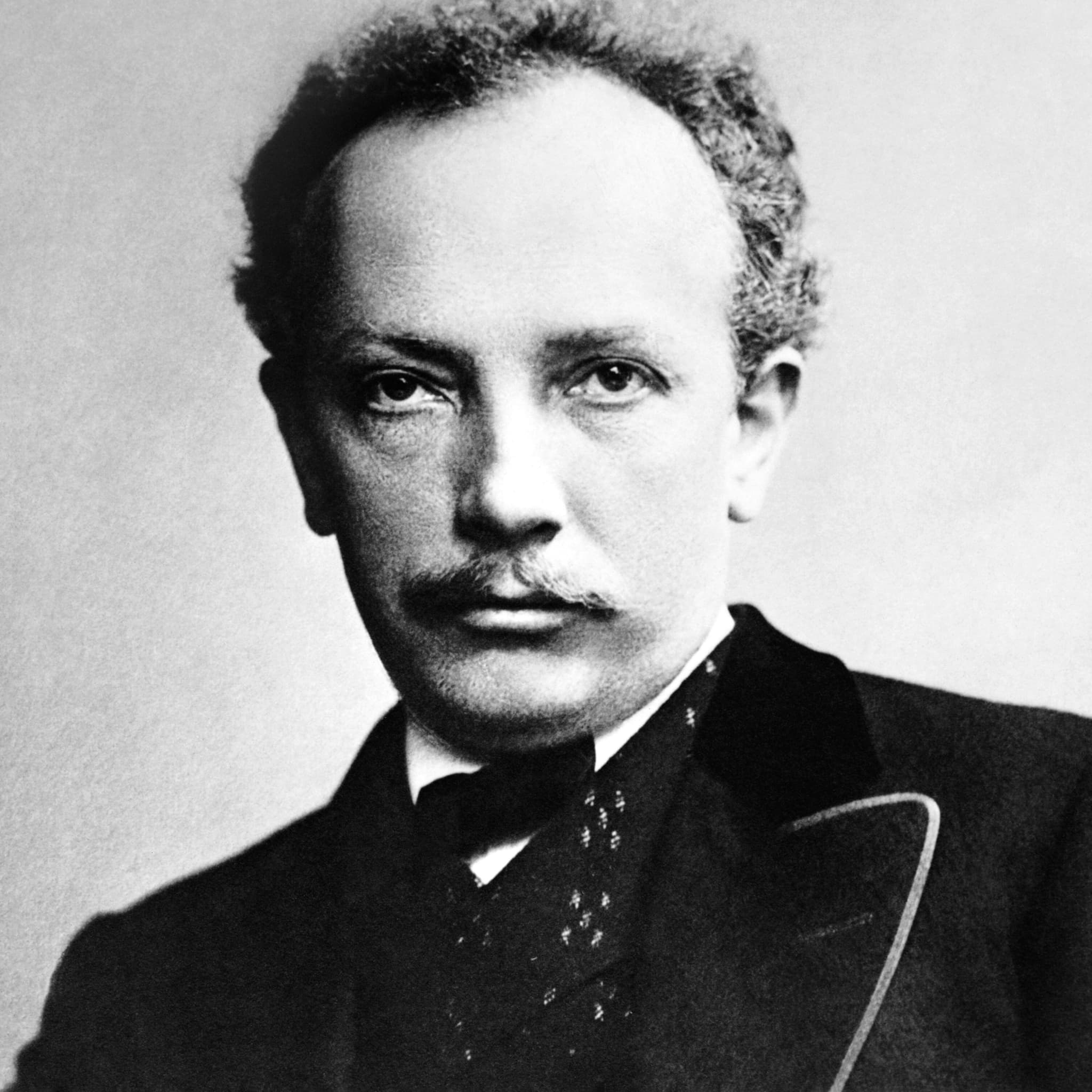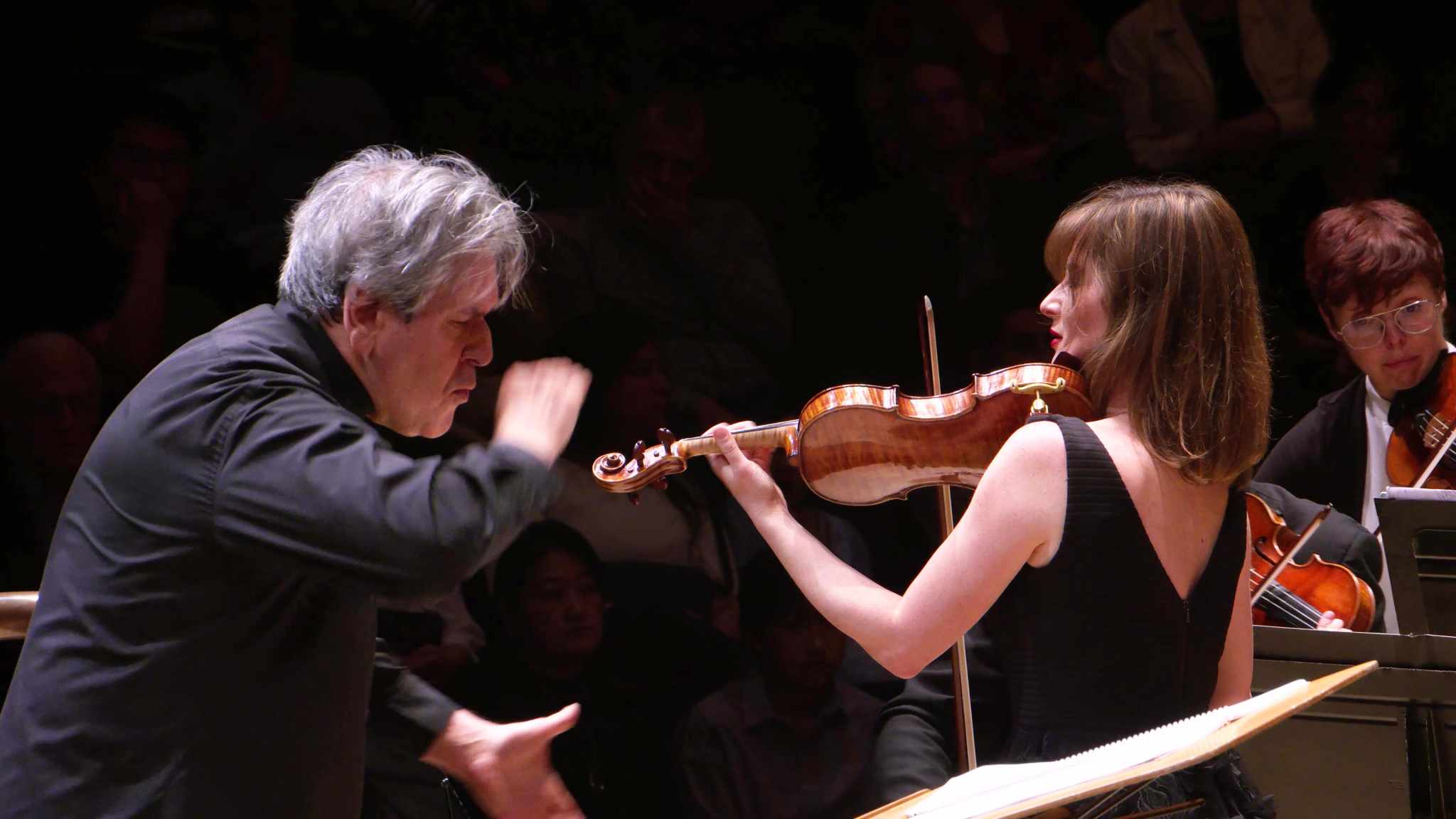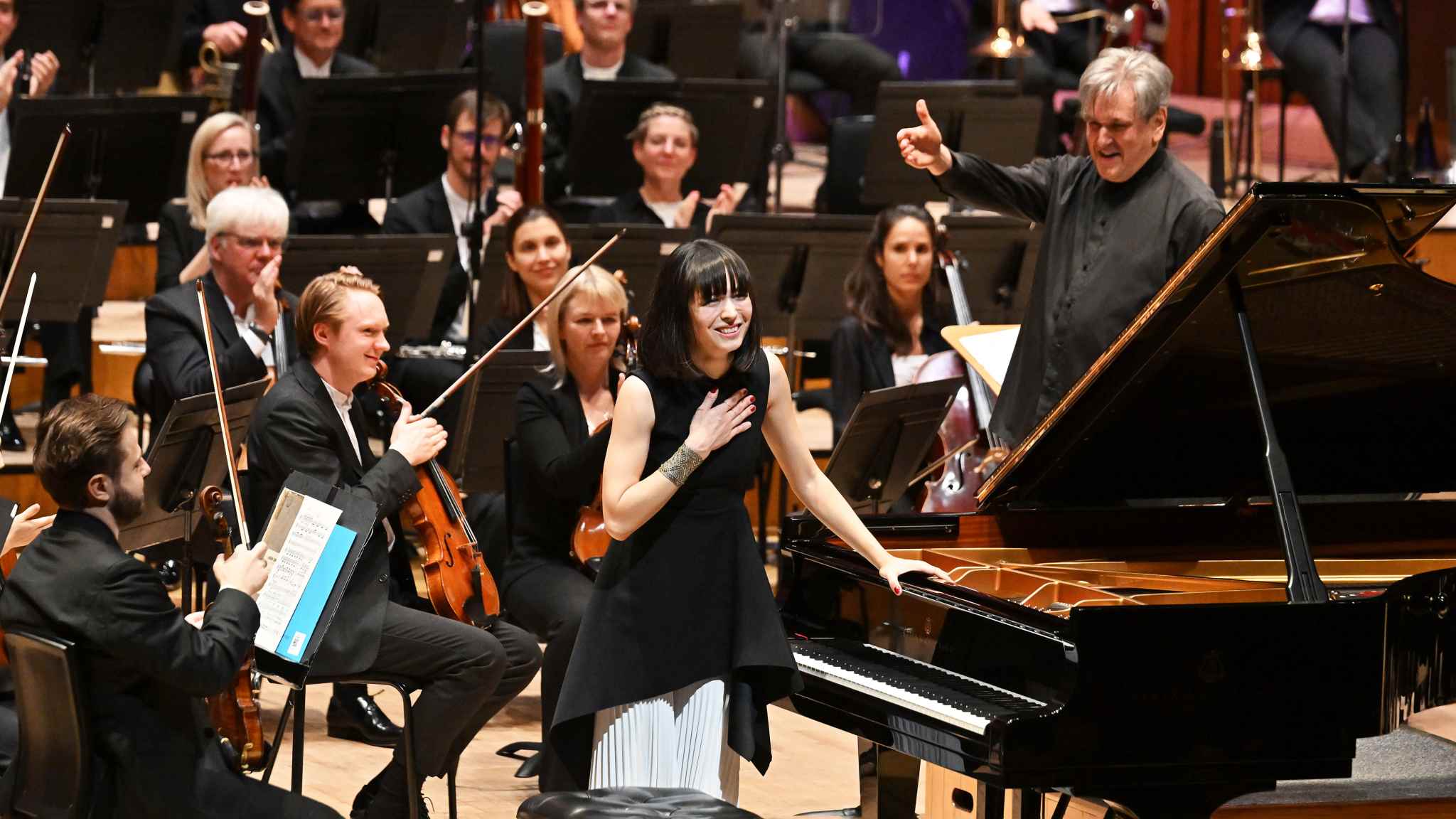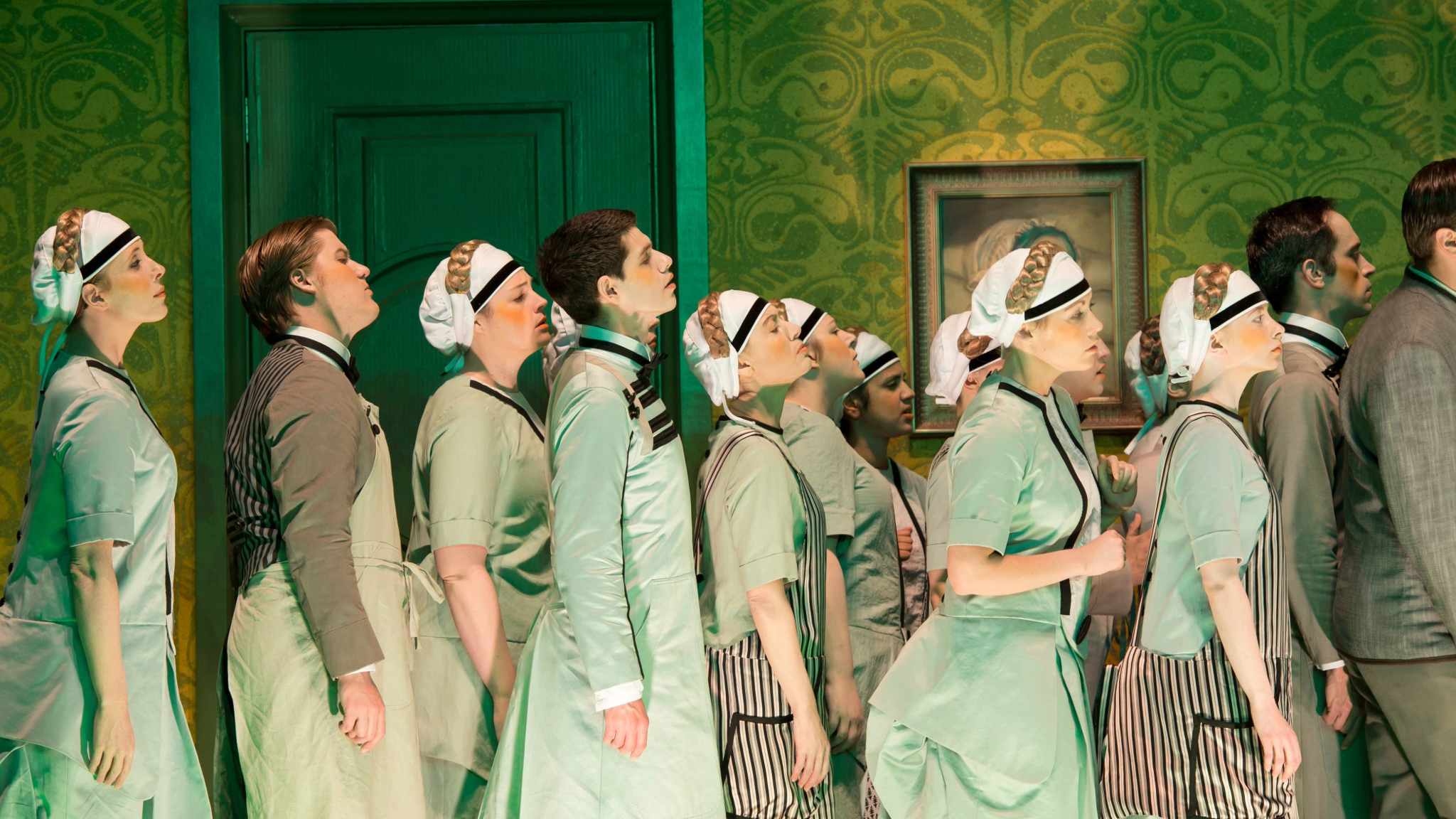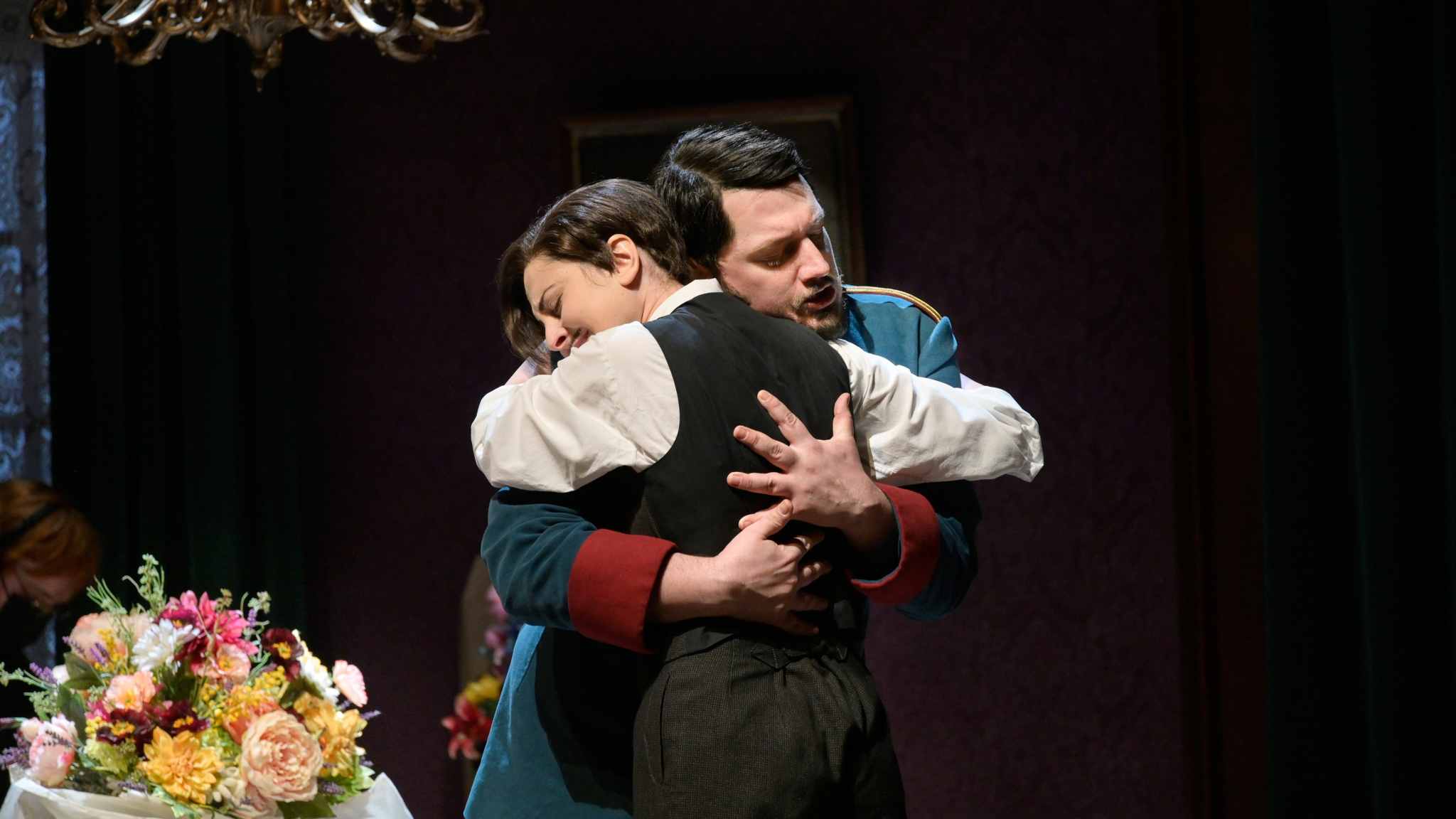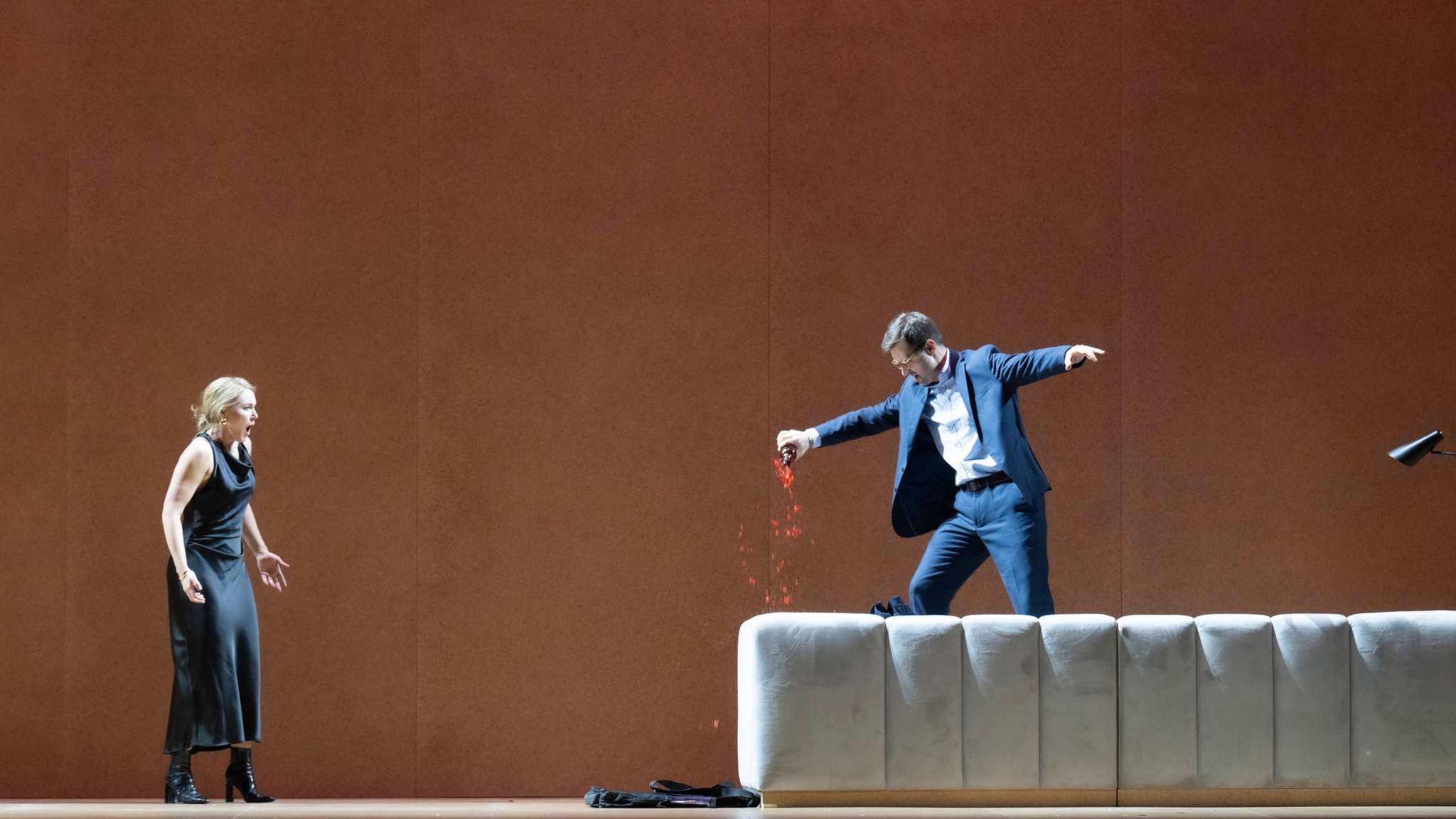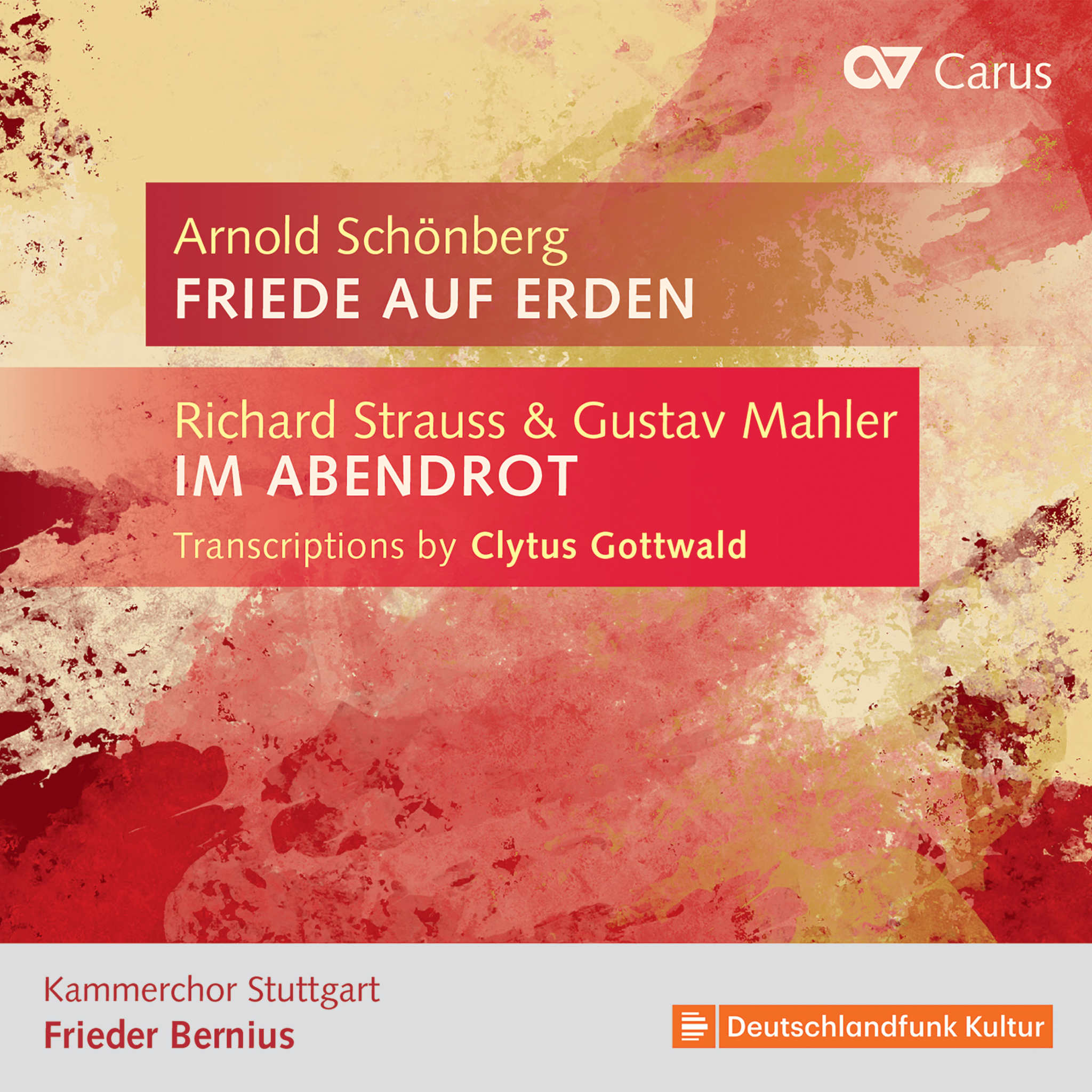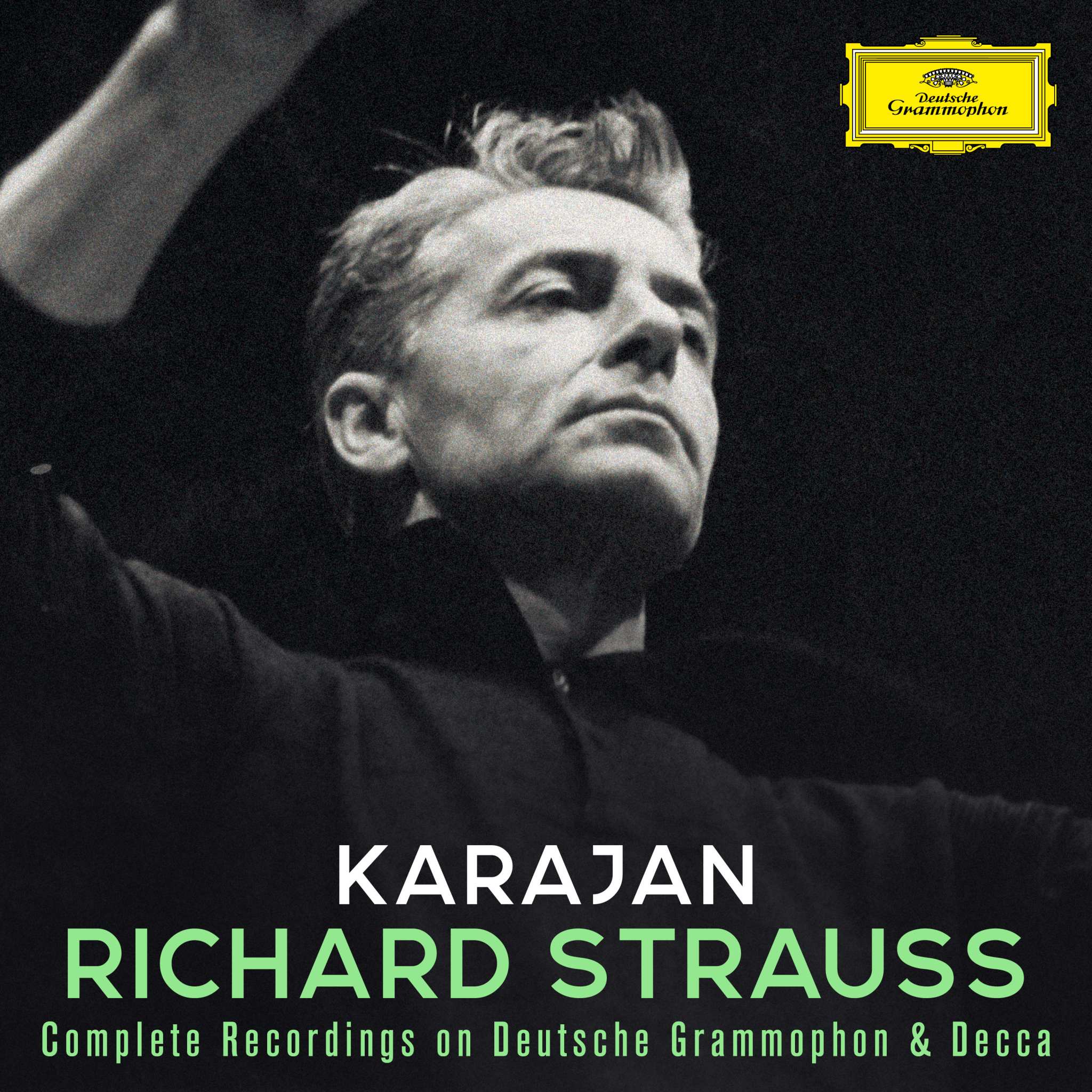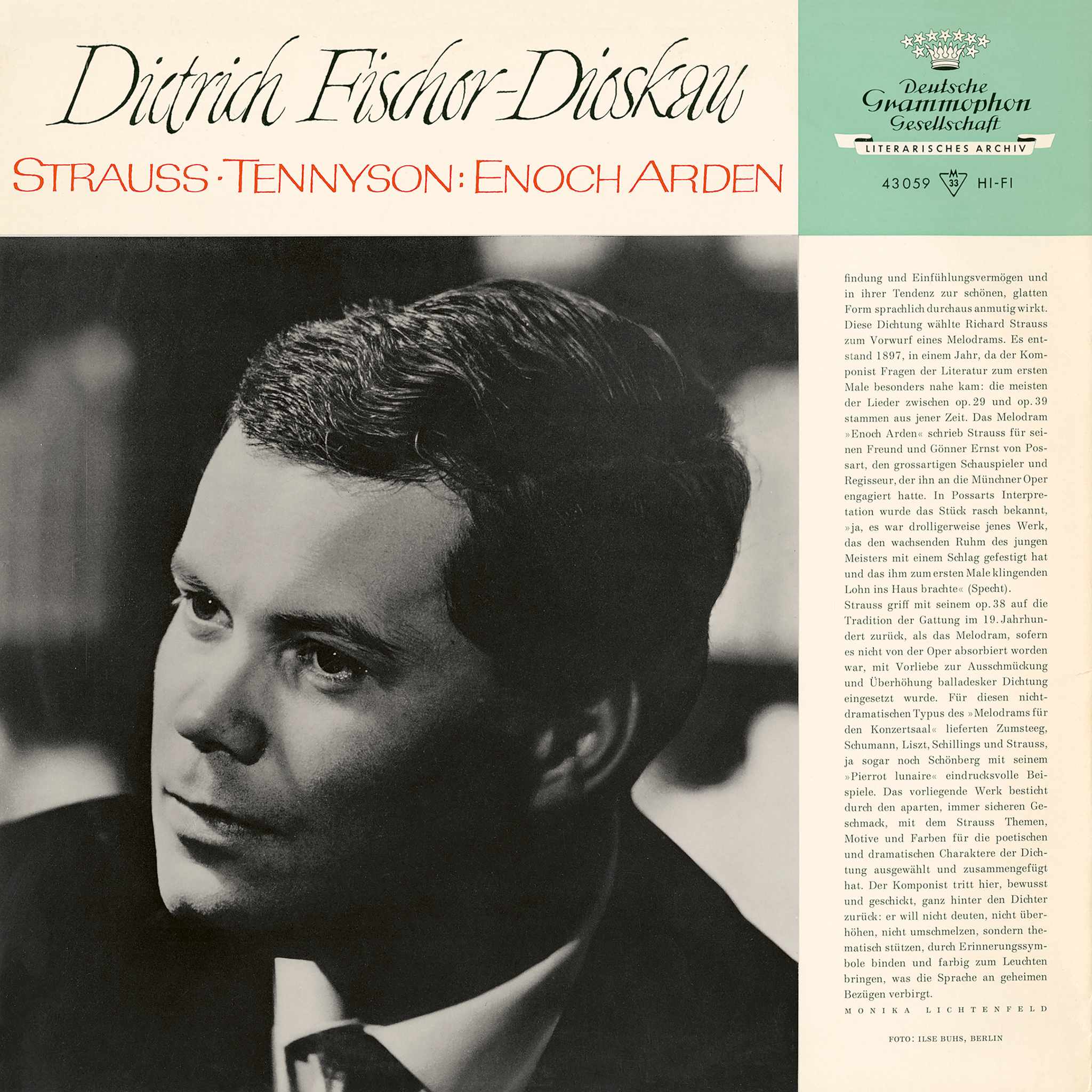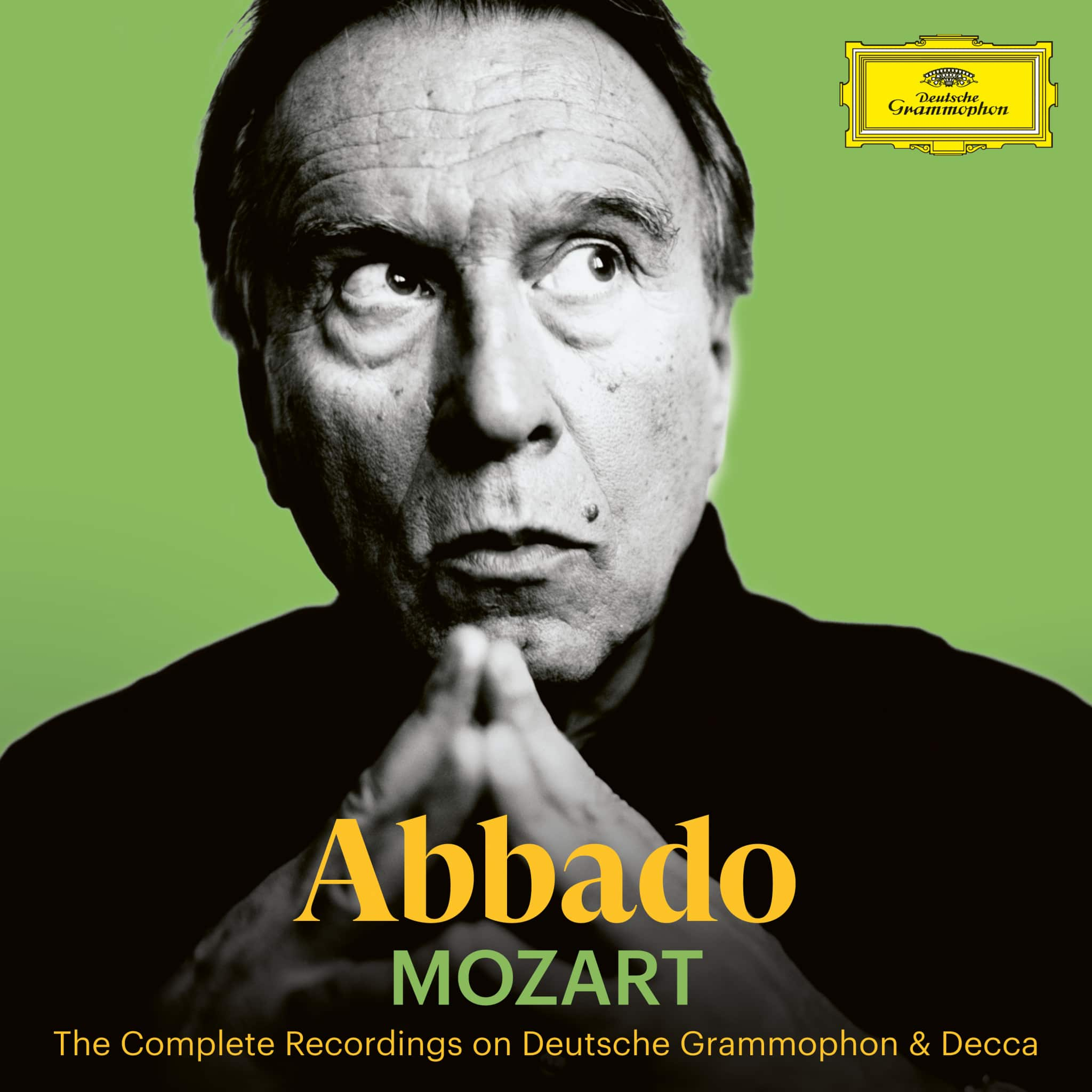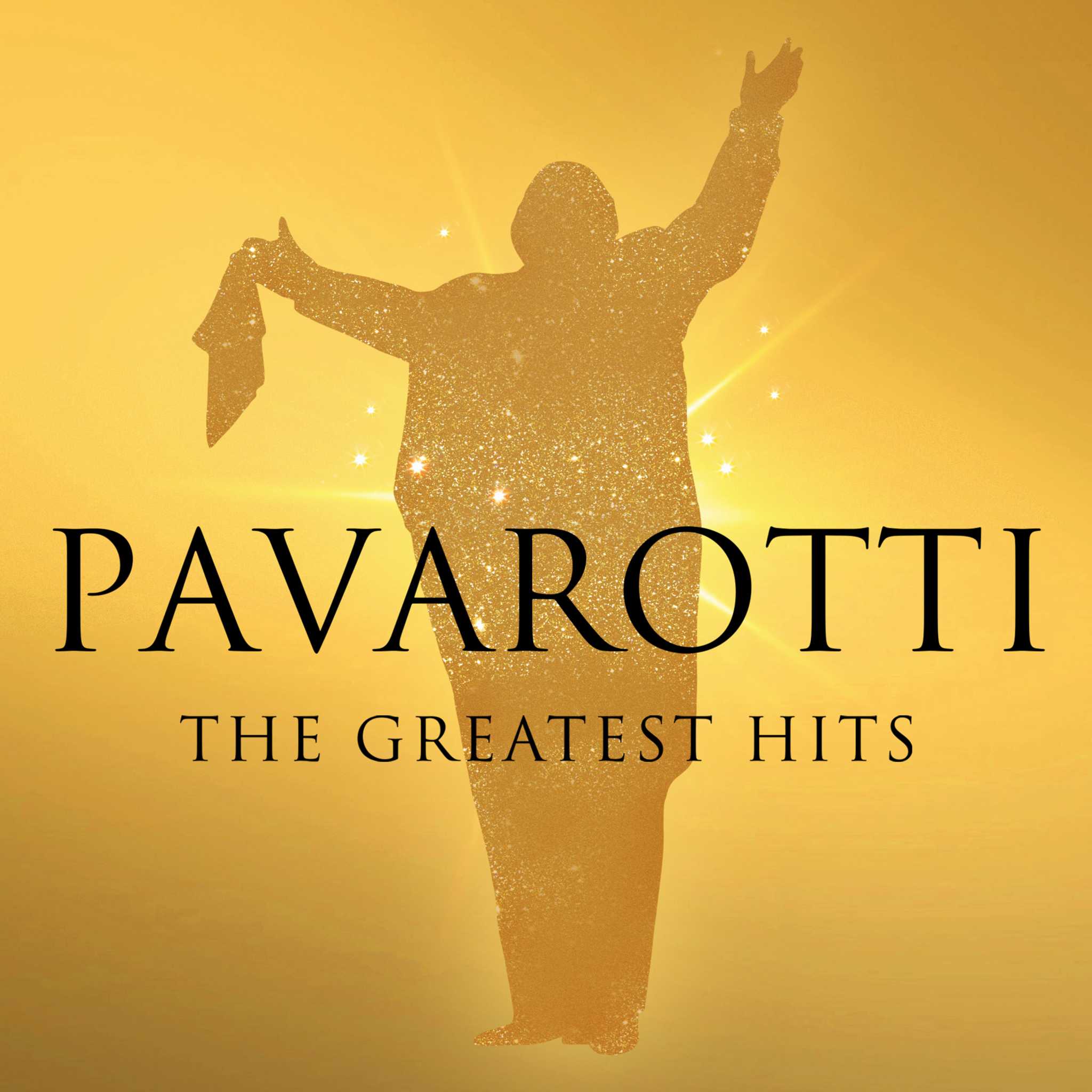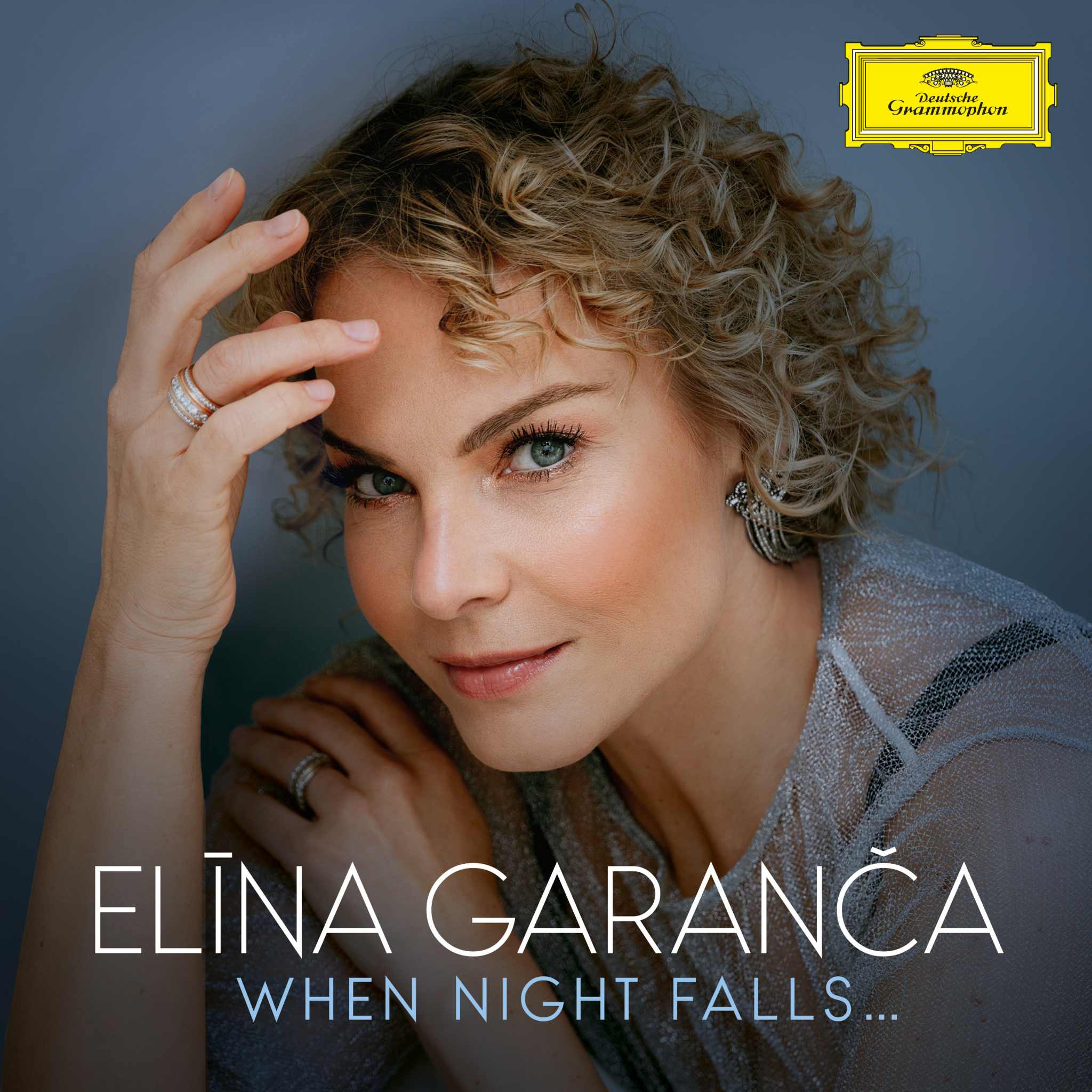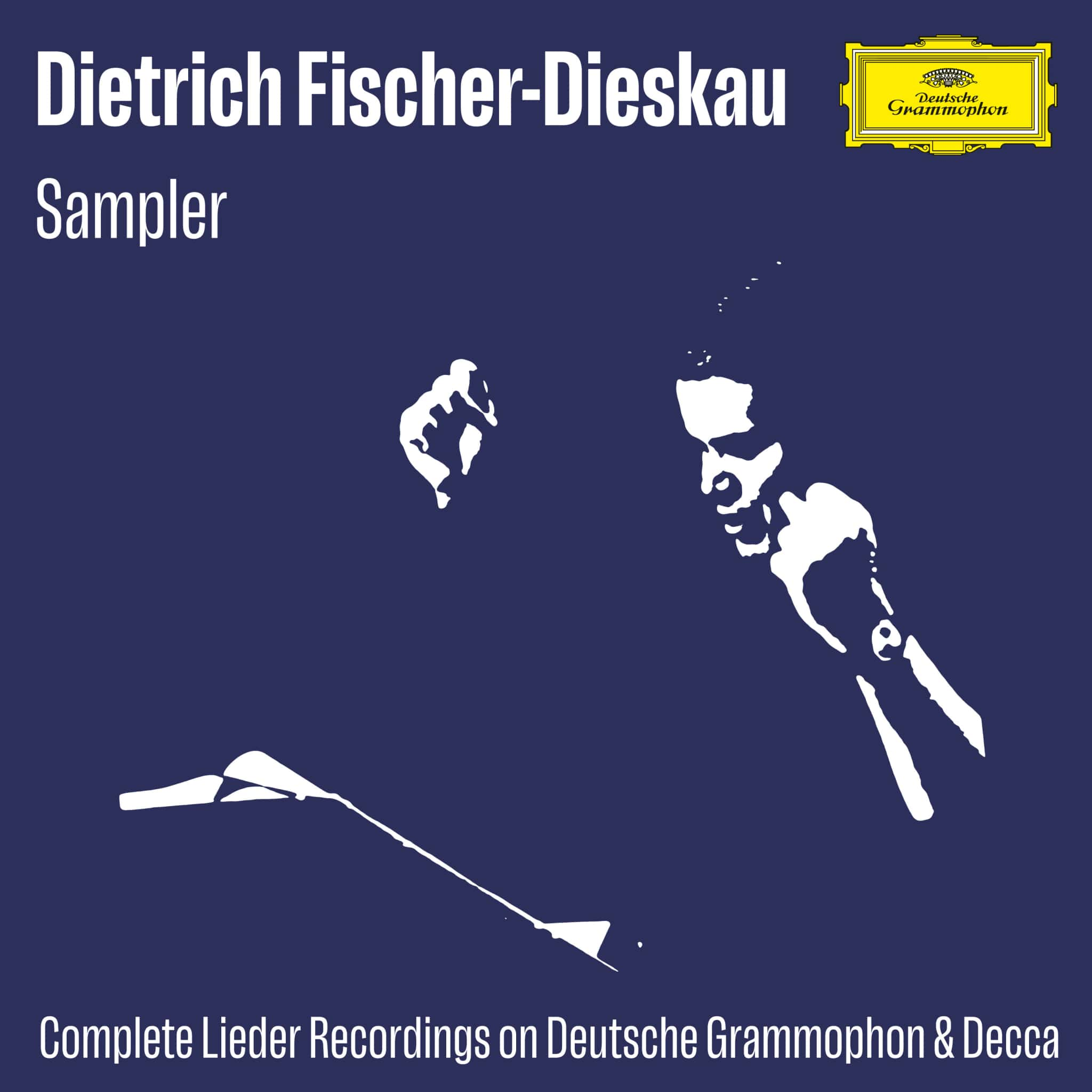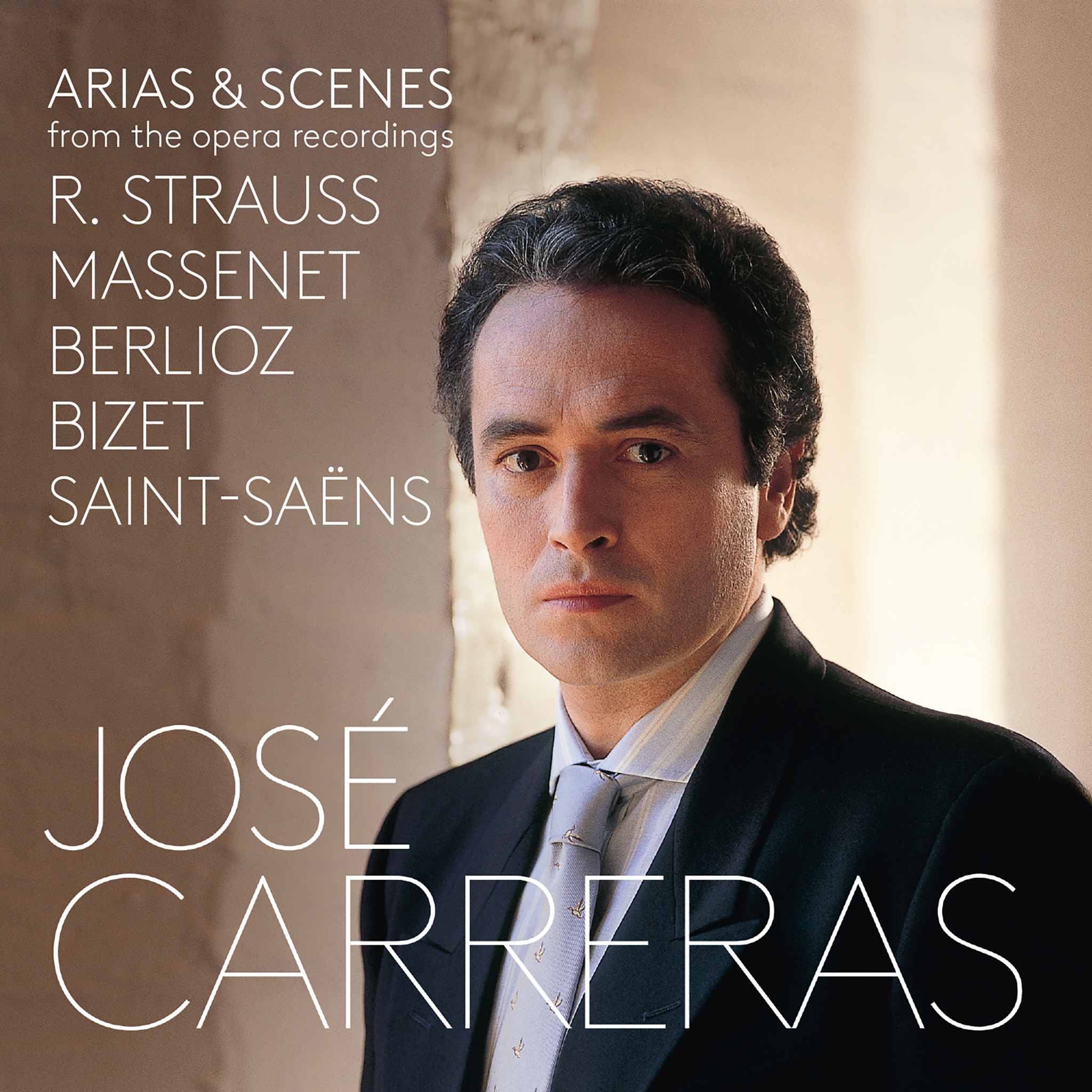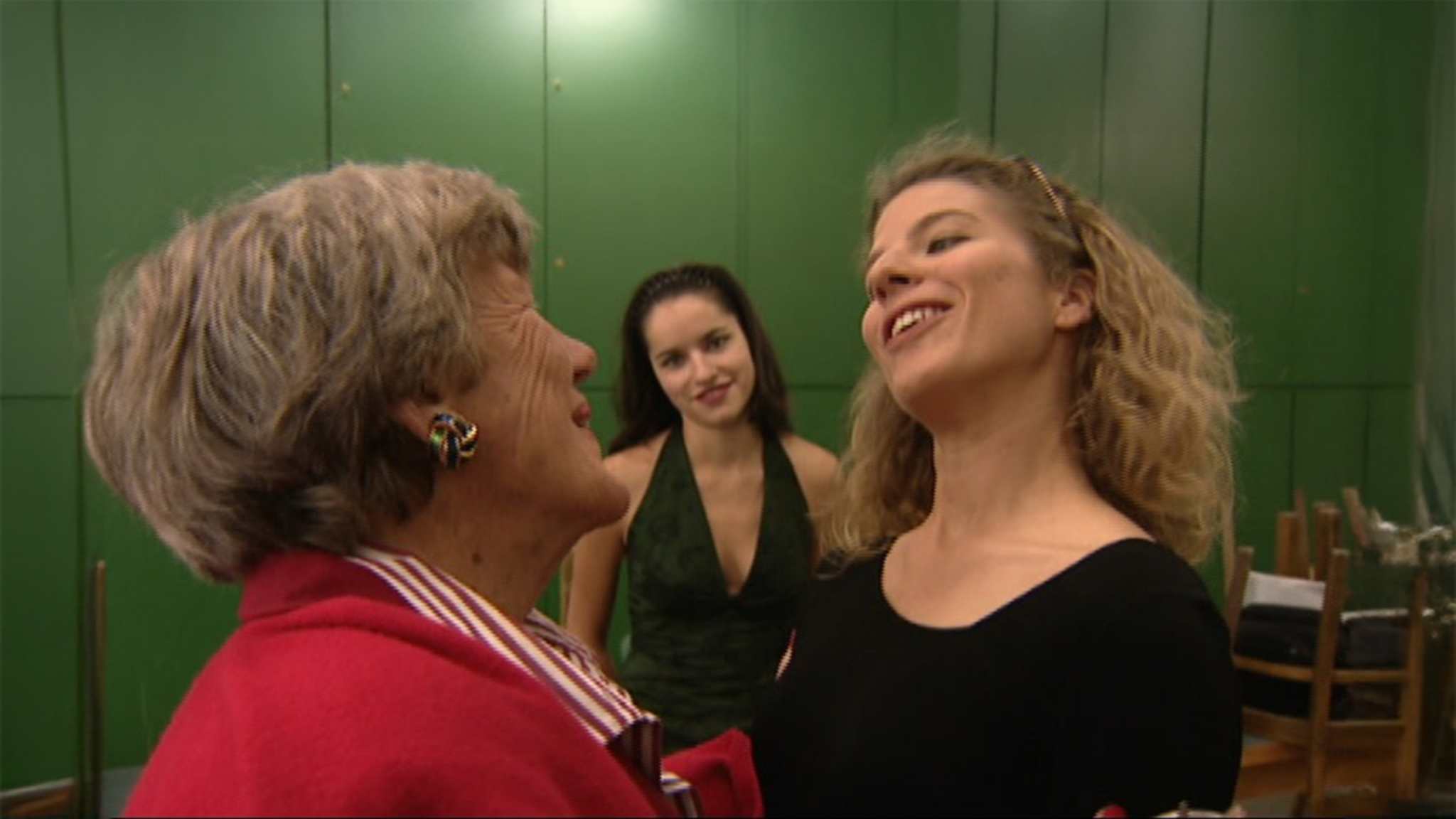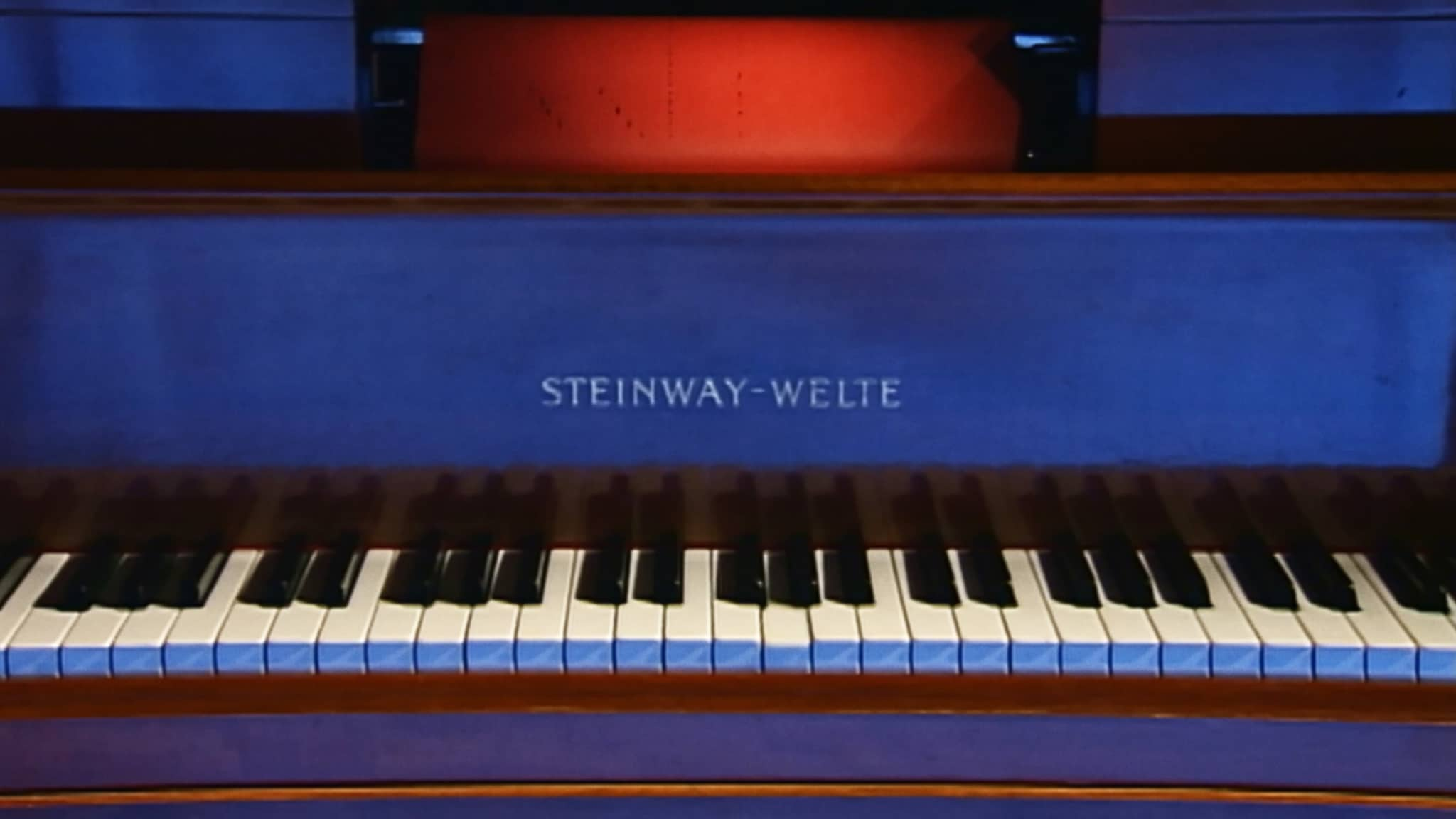Selected Works
- Don Juan, Op. 20, TrV 156
- Ein Heldenleben, Op. 40, TrV 190
- Eine Alpensinfonie, Op. 64, TrV 233
- Till Eulenspiegels lustige Streiche, Op. 28
- Don Quixote, Op. 35, TrV 184
- Also sprach Zarathustra, Op. 30, TrV 176
- Der Rosenkavalier, Op. 59, TrV 227
- Elektra, Op.58, TrV 223
- Salome, Op. 54, TrV 215
- Vier letzte Lieder
Concerts
Operas
Albums
Appears On
Documentaries
Interviews
AboutRichard Strauss

For 60 years, Strauss was one of the leading figures in the European music scene. He came from a family of musicians who recognized his talent early on and actively encouraged it. By the time he was 20, his works had already been performed by the greatest contemporary conductors, and by 35, he could look back on a series of masterful tone poems: Don Juan, Till Eulenspiegel, Death and Transfiguration, and Don Quixote. Meanwhile, Strauss had carved out a leading position in the European avant-garde; at the same time, he was one of the most sought-after conductors of his era. Around the turn of the century, his primary compositional interest shifted from symphonic works to operas, and in the following 40 years, he created enduring compositions such as Salome, Elektra, Der Rosenkavalier, Ariadne auf Naxos, and Capriccio. Over the years, Strauss also composed ballets, numerous free instrumental compositions, several choral works, and an extensive collection of wonderful songs. His last great works, the lamenting Metamorphosen for 23 solo strings and the outstanding Four Last Songs for soprano and orchestra, were created amidst the destruction that World War II had brought upon Germany.
